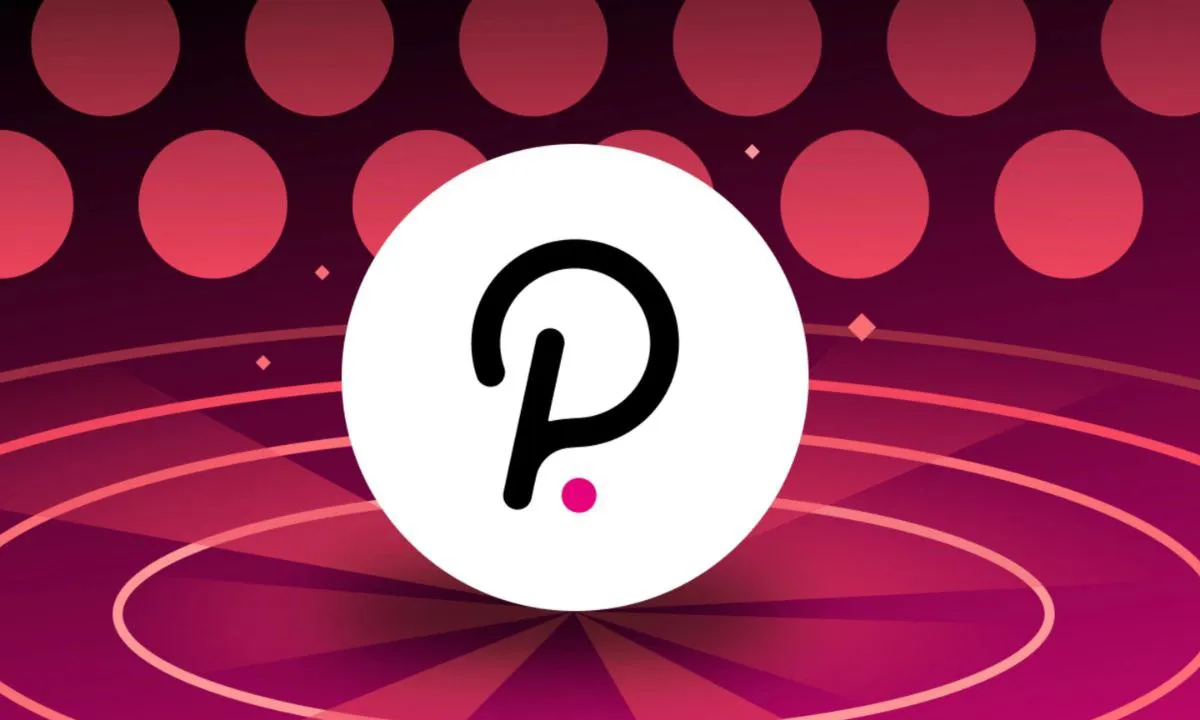Although AI-powered Copilot has been brought to life by GitHub Corporation with the aid of OpenAI’s Generative Artificial Intelligence, it has turned the entire software development landscape upside down. Since its launch at the end of 2021, Copilot has made considerable improvements, now using a more advanced GPT-4 technology that boosts its automation of menial coding tasks, as well as a form of transcreation that enables the code to be transformed from one programming language to another.
Impact on software development
Copilot had a tremendous effect on the computer programming industry by cutting down on the time-consuming coding process and maximizing the time for more complicated issues. According to Bankin’ latest statistics: 1.3 mln users and 50,000 companies including Goldman Sachs and Ford, the tool has shown its value and saved time to code. Engineers feel that they can put stuff to get have done up to 200 hours each month saved, through Complete auto taking repetitive coding aspects off them.
This is explicated by its deployment for mission-critical programs in the business world, therefore revealing its authority as well as the confidence businesses have in its functionality. Yet, it does not come without its issues; they fluctuate from dated project code suggestions to the security concerns that are associated with the utilization of publically accessible code.
Navigating limitations and prospects
As well as the advantageous side it brings to the picture, GitHub stresses that Copilot is not developed to substitute human programmers but to help them. The company champions safe adoption, where programmers carefully analyze and scrutinize Copilot’s recommendations, selecting only the most relevant and applicable ones. This approach makes sure that the AI tool is well deployed to make productivity increases without any risk of poor code quality or security.
GitHub is going to try to integrate Copilot into Microsoft’s suite, maybe starting with Office and Bing and then others. The accession of AI symbolizes the wider utilization of it to solve the problems of software in industries, and this might be the stepping stone to great efficiency and flexibility. As the AI-assisted code market grows more and more, GitHub comes in a real situation of fierce competition with Amazon’s CodeWhisperer and Google’s Replit Ghostwriter. However, in the choppy and competitive market, Copilot’s large potential and the support of Microsoft give it a strong position to move further.
Copilot’s role in the evolution of coding
We have to follow the writing rules and so people start to favor bots, as they put less effort and the quality is pretty decent. While AI tools like the Copilot play an important role in coding innovations, introducing AI tools can be compared to previous coding innovations like the invention of program compilers and open-source coding. Not only does copilot facilitate code generation, rather, it is also a dynamic tool that is designed to make code converting and debugging, which leads to a wastage of time in recent times, easy.
The role of the present Copilot is just the beginning. Along the way, with things like AI continuing to advance, what Copilot can do today, will probably be a little thing to do in the future, compared to what we now think coding is. This concurrent vision of market-makers thus correlates with industry leaders who see in the rapidly turning AI automation the advent of programming becoming easier and easier and this will attract a wider magnetic circle.
The GitHub Copilot of Microsoft is paving a new path towards easier and faster code production for software engineers by empowering the AI force. With the evolution, it is quite predictable that there will be an increase in both its capabilities and its influence, which will have a fundamental effect on the career paths of software engineers and the meaning of coding itself.
This article originally appeared in Bloomberg com





